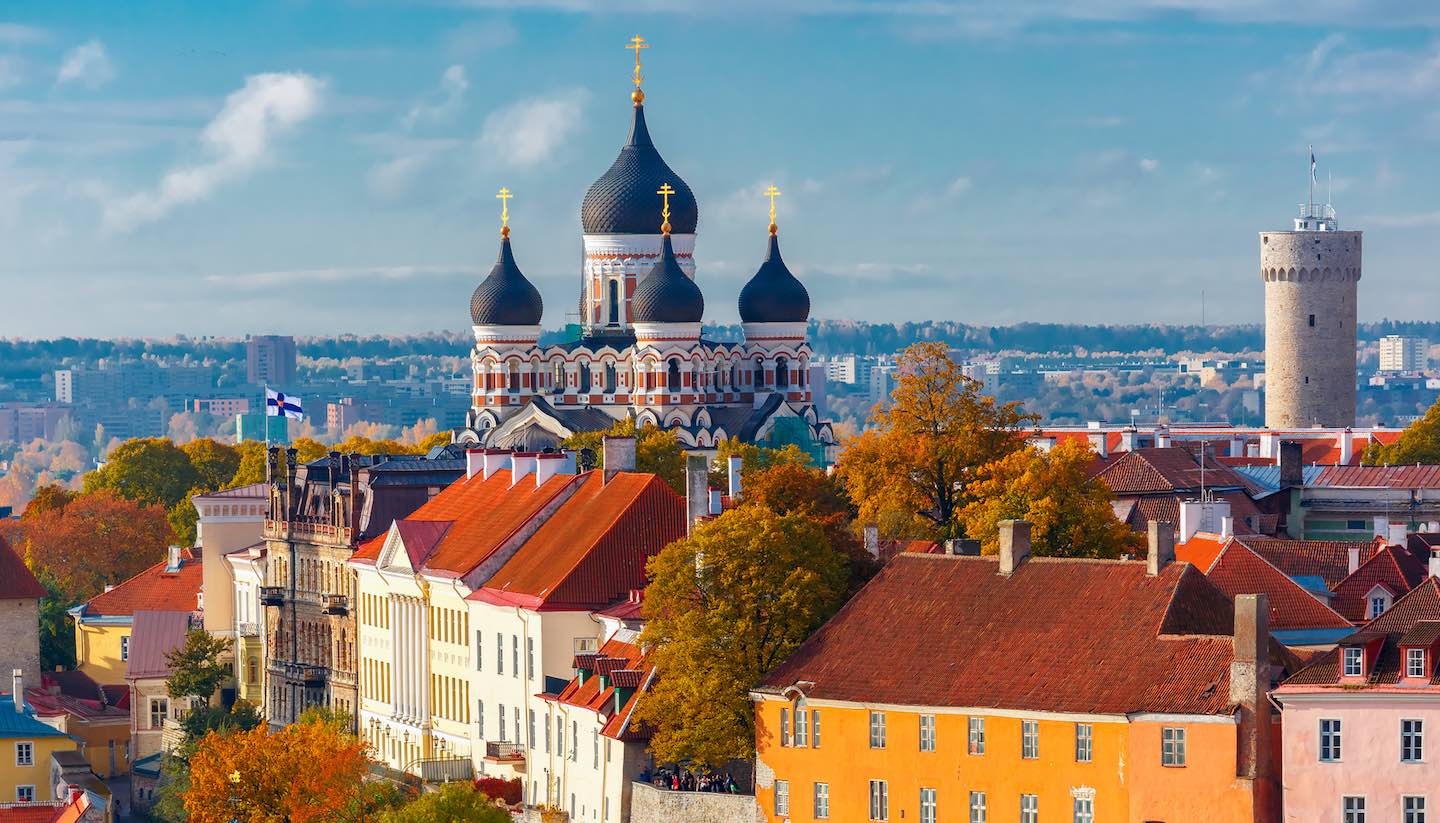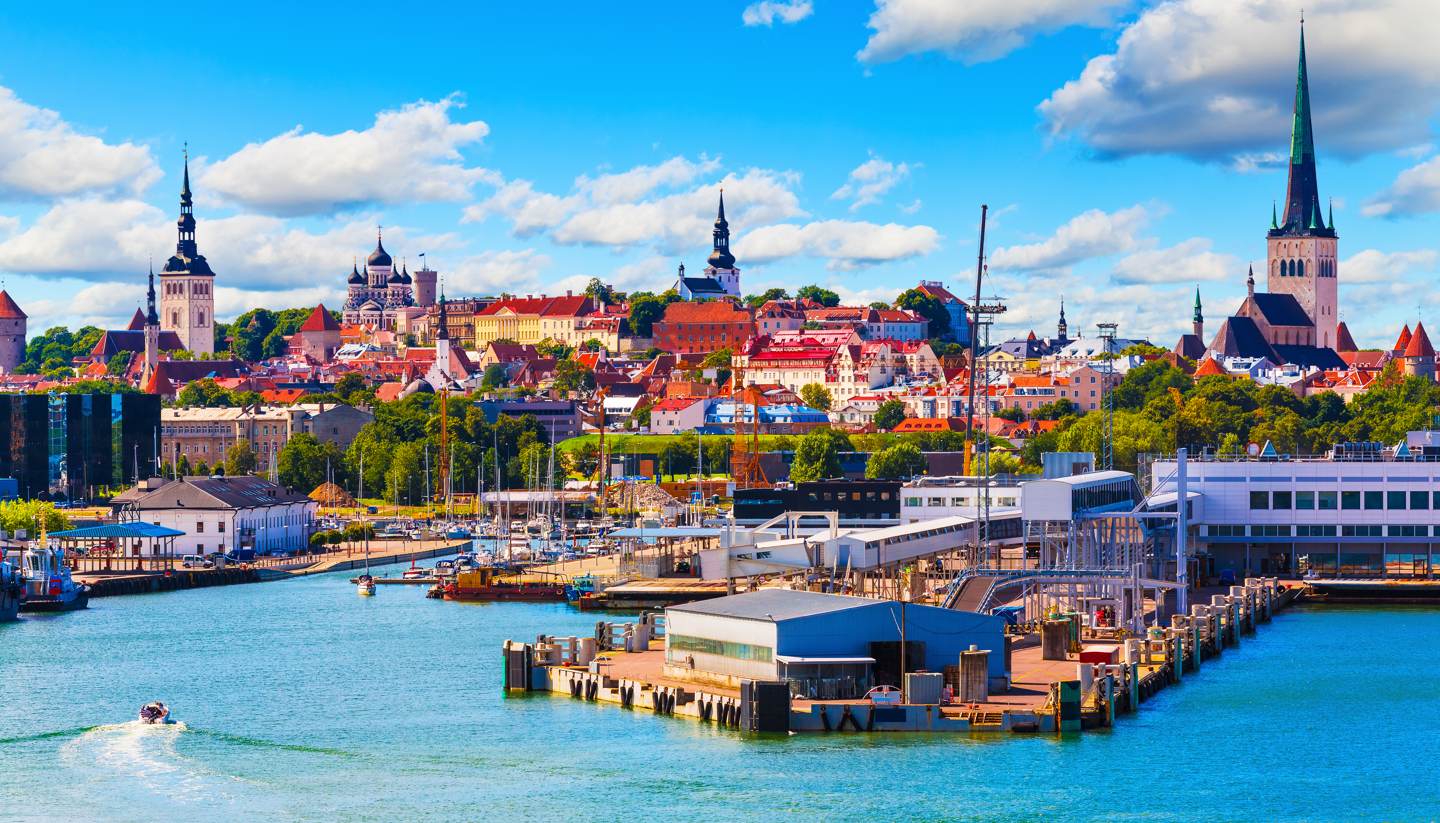Getting Around Estonia
Air
Domestic flights within Estonia are not common. Avies (www.flyavies.ee) operates flights between Tallinn and Kärdla on the island of Hiiumaa. Flyest (www.flyest.eu) runs domestic private charter flights.
Departure tax
None.
Road
Driving is an excellent way to see Estonia as the country is relatively small and has a good network of roads.
Side of the road
RightRoad Quality
Roads are generally of good quality with routes usually adequately signposted.
Road Classification
Roads fall into three categories: main road (intercity highways), basic roads and smaller secondary roads (usually covered with gravel or sand).
Car Hire
Car hire is simple and well catered for, with all the international operators and plenty of local companies offering rental.
Taxi
Private taxis must display the name of the company and their number on the roof. Fares should be agreed upon beforehand and most taxis have prices for various journeys marked. Uber, Taxify, Taxigo, Taxofon and Yandex.taxi are popular apps to order a taxi or share a ride.
Bike
Cycling is a great way to see Estonia. The terrain is flat and there's a low volume of traffic to contend with, plus marked cycle paths and trails around the country make touring a perfectly viable option.
Coach
Estonia has an extensive coach network with regional coaches between all main towns. Tallinn to Tartu and Tartu to Narva are popular routes and should be booked in advance, especially in summer. Check local route planner Peatus (www.peatus.ee) for up-to-date schedules.
Regulations
The minimum driving age is 18, and EU licences are valid for foreign drivers. Speed limits are well marked, ranging from 30-50kmph (19-31mph) in towns to 90-110kmph (56-68mph) on main intercity roads. Wearing a seatbelt is compulsory. There is a zero-tolerance policy towards drink-driving so blood alcohol level must be 0%. Dipped headlights must be used 24 hours a day.
Use of mobiles while driving is forbidden, but use of a hands-free device is fine. From 1 December to 1 March drivers must use winter tyres, although this can vary slightly depending on the weather so check conditions in advance.
Breakdown services
In the event of a breakdown, call Falck (tel: 1888, in Estonia only).
Documentation
Drivers must have the original V5C (Vehicle Registration Document) as well as insurance documents covering them for Estonia if driving into the country.
Urban travel
Most of the major cities are compact enough to get around on foot, but they also have an established public transport system served by bus, trolleybus and tram. You can pay the driver directly for single journeys (they don't sell returns) but if you plan to do much travelling on public transport it is cheaper to buy a book of tickets in advance from stalls in the main shopping areas. Alternatively, you can book a taxi with a Smartphone app.
Rail
Domestic trains run by ELRON (tel: +372 673 7400; www.elron.ee) link Tallinn with many destinations within Estonia, including Pärnu, Viljandi, Valga, Narva, Tapa and Tartu.
Water
Praamid (www.praamid.ee) provides ferry services connecting the mainland with the islands Saaremaa and Muhumaa.
Veeteed (www.veeteed.com) runs ferry services to several islands including Hiiumaa, Kihnu, Manilaid, Ruhnu and Vormsi.
Leisure boats also operate on Lake Peipsi and along the Emajõgi River.



